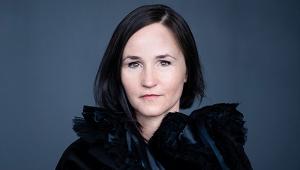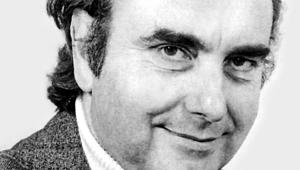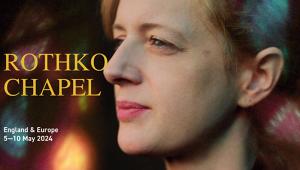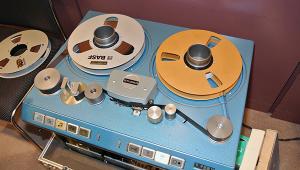Baby-faced maestros
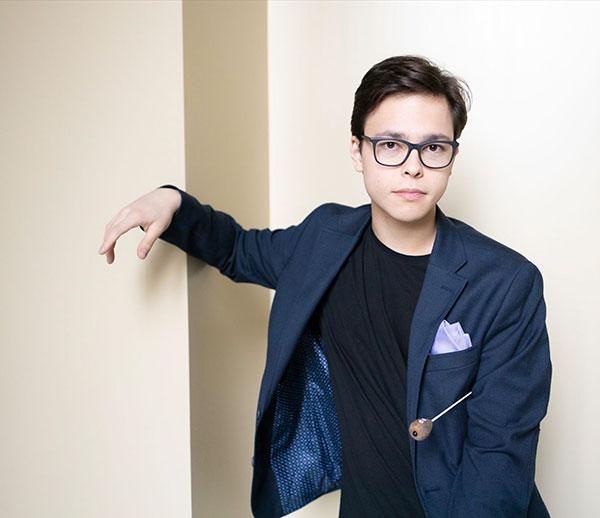
As a follower of cricket and football, I got used years ago to seeing professionals at the top of their game (sorry), who had been born within the current millennium. But conductors? DG has lately been making a song and dance about their latest signing, Tarmo Peltokoski. Born in April 2000, he is now principal guest conductor of the Deutsche Kammerphilharmonie Bremen, and DG has recorded and filmed them together in a trio of Mozart’s mature symphonies.
Finnish Line
On the Stage+ streaming platform, Peltokoski cuts a confident figure, as well he should in front of fellow musicians who presumably know and respect him. Some of the gestures, musical and physical, carry an air of contrivance – ostentatiously ‘listening’ to a quiet echo phrase rather than conducting it, or working some fancy-dan ornamentation into second-time repeats – but on a sample size of one performance, it’s hard to say much more than that Peltokoski has good musical instincts and the technique to bring his ideas to life. (Once I stopped watching and focused on listening, I admired the results more.)
Another, better-known Finnish conductor, Klaus Mäkelä, has become Music Director of the Royal Concertgebouw Orchestra – at the grand old age of 27. So what is going on here? Is it just a Finnish thing? It’s true that the classes of the legendary pedagogue Jorma Panula have been producing young and gifted conductors for many years, but until recently they have not completed their studies only to land plum jobs with the world’s best orchestras. Of course, there are exceptions. Wilhelm Furtwängler made his professional debut at 19, and the management of the CBSO must have held its breath in 1980 when it appointed 25-year-old Simon Rattle as Principal Conductor. That didn’t turn out so badly.
Despite all the mystique surrounding the profession, conductors are very much made and not born. Every conductor begins their musical life as a musician, making sound rather than silently eliciting it from others. Opinions vary as to whether and how it can be taught. I have heard it said that the rudiments can be learned in an afternoon, though Panula in Helsinki and Johannes Schaefli in Zurich might beg to differ.
Nevertheless, where conductors learn most of all takes place outside a class: in solitary study of scores, and in rehearsal with orchestras. One of these activities is easier to arrange than the other. Where conductors used to hone their craft in an opera house, coaching singers, leading offstage ensembles and massaging the maestro’s ego, such posts are now like gold-dust. In their place, competitions and fellowships have sprung up to recognise and reward young conducting talent.
A certain prominent columnist (who shall remain nameless) has made for himself a handy living by continually predicting the end of all that we cherish in classical music, with doom-laden prognostications like ‘the age of the great conductor is over’. What’s certainly true is that the era of autocratic leadership is coming to an overdue and inglorious end, and so with it we might expect to pass an autocratic style of interpretation.
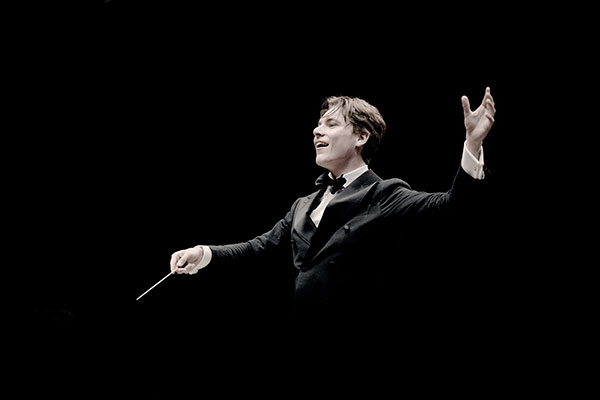
Klaus Mäkelä is among the most youthful and gifted products of Jorma Panula’s conducting class at the Helsinki Conservatoire in Finland
Wise Guys
Other reasons present themselves for the marked rise in young conductors. It accompanies the emergence of women who had been discouraged from pursuing a career in a male-centric profession. Orchestral repertoires are more diverse than ever, and their programming responds to the adaptability of youth.
All the same, in this Bruckner anniversary year, I’ll add a dissonant note to the harmony. Bruckner is an exemplar of a composer whose music takes time to assimilate, both for performers and listeners. The Fifths led by Haitink, Wand and Abbado at the end of their career were much fuller and wiser performances than the ones they led 40 years before. Some things just take time.





